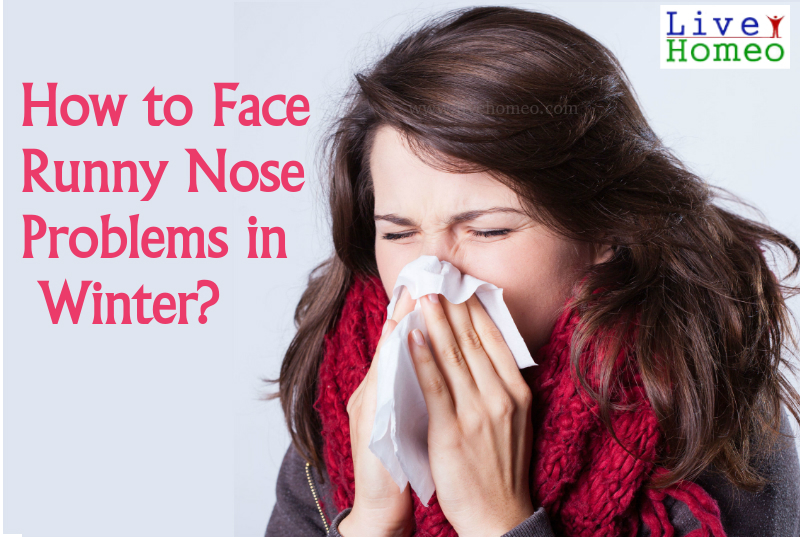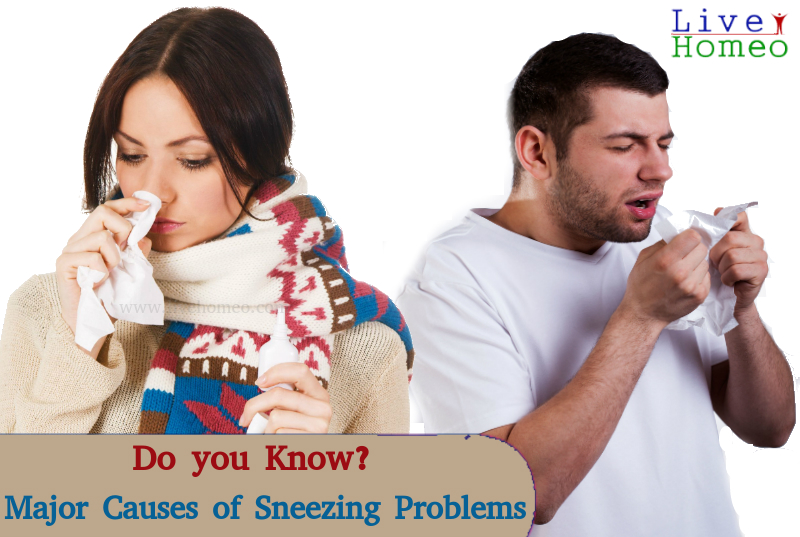How Weight Gain in winter is possible?
In winter along with common health problems like cold, flu, asthma, strep throat, runny nose and allergies, people also face other important problem i.e. weight gain. In winter due to the cold breeze, most of us like to stay indoors and be warm. Most of the people enjoy winter with favourite foods and beverages and avoids activities outside. It is also believed that in winter we have high appetite due to which we eat and store more fats in this cold season. This can also increase your risk of weight gain.

Here are few factors which increase your risk of winter weight gain
- Avoid outdoor activities due to colder weather– Most of the people in winter avoid exercises outside and stay inside inactive and resting warm in front of the TV. This leads to lack of physical activity which increases your risk of weight gain.
- Excess sleep– People love to spend more time resting and relaxing in their bed, cuddling under blanket in cold winter mornings. People skip their regular workouts in winter and enjoy warm sleep in bed. This also increases their risk of weight gain.
- Seasonal affective disorder– In winter’s people suffers from seasonal depression and low mood known as seasonal affective disorder. This is mainly due to cold weathers, stress, lack of sunlight and others. People when feel low and depressed they tend to eat more to rise their mood. Due to depression they also stay inactive indoors away from everyone.
This all factors increase weight gain. - Parties and gatherings– People attend more parties and gatherings in winters, as they can’t resist yummy looking party food and they just eat more food than usual. This excess intake of food and beverages leads to weight gain. The office parties in winter season also worsens weight gain. It is also proven that people naturally over eat in winters due to high appetite.
- By Enjoying more snacks– In cold weathers of winter people like to enjoy more snacks and other junk foods like chips, pizza and others along with sugary beverages and caffeine products like coffee, tea and others. This excess intake of junk foods and others without proper physical activities leads to weight gain.
- More sweets and cakes– Winter is the season of cakes, sweets, muffins, parties and drinks. This high intake of sugary products also makes you put on more weight.
- Dining out– As we all know dining out in winter evenings with loved one gives more pleasure. But eating out your favourite foods obviously increases your weight. Dining out leads to high intake of calories which promote weight gain.
- Lack of vitamin D– In winter due to cold weathers people may not get enough exposure to sunlight. Lack of exposure to sun leads to lack of vitamin D. It is believed that due to lack of vitamin D more fats get accumulated in body and leads to weight gain in most of the people.
How to overcome Weight gain problems in winter?
Gaining weight is commonly seen in winter due to several factors. Gaining weight is easier than burning that fat stores. One should follow diet and health tips to overcome weight gain in winter and also to avoid health complications. It is also believed that workouts in cold weather of winter helps to lose weight quickly when compared to other seasons. This is because our body uses more energy to keep it warm and thus workouts in winter are very beneficial. Here are few health tips to overcome weight gain in winter
- Go for evening workouts– If you cannot go outside and do exercises in the mornings due to cold weather, you can go in the evening times. Fix your time to go and stay motivated.
- Drink warm soups– To avoid hunger problems in winter, instead of choosing junk food or other high calorie foods, choose hot soups. Soups helps to keep your body warm and they also assist in weight loss.
- Have protein rich foods– Have protein rich foods in your diet as they take more time to digest and also gives you a feeling of fullness. You can have lean meat instead of fat rich foods and dairy products. Choose low fat milk instead of choosing whole milk.
- Get more sunlight– Spend more time under sun and get enough vitamin D. This helps you to reduce your weight. Getting enough sunlight in summer also helps to seasonal depression and seasonal affective disorders. Exposure to sunlight also improves your immunity and helps you to eliminate seasonal illnesses like cold, flu, allergies and others.
- Be hydrated– People in winter drink less water due to cold weather. Have a glass of water to keep yourself warm and also to reduce weight. Warm water helps to reduce fat accumulations and eliminate them from your body.
- Don’t starve yourself– Most of the people starve themselves before going to a party. This is not suggested, as you tend to eat more when you see the yummy foods after starving for all the day. Eat normally as you do regularly, limit your intake of food at parties as they are full of calories and fats.
Overcome Weight Gain problems in Winter Season
As weight gain is the most common problem in winter, people should try and control their weight. Here are few health tips for winter weight gain controlling
- Be active and move around instead of sitting on sofa and watching TV.
- Try fresh fruits and vegetable salads, instead of having junk foods and other oily snacks.
- Practice some indoor exercises like yoga, meditation, dancing, skipping, playing with kids and other breathing exercises to stay fit.
- Control your intake of sweets and other sugary beverages, instead you can choose green tea. There are several health benefits of green tea, it assists in weight loss and keeps you fit.


